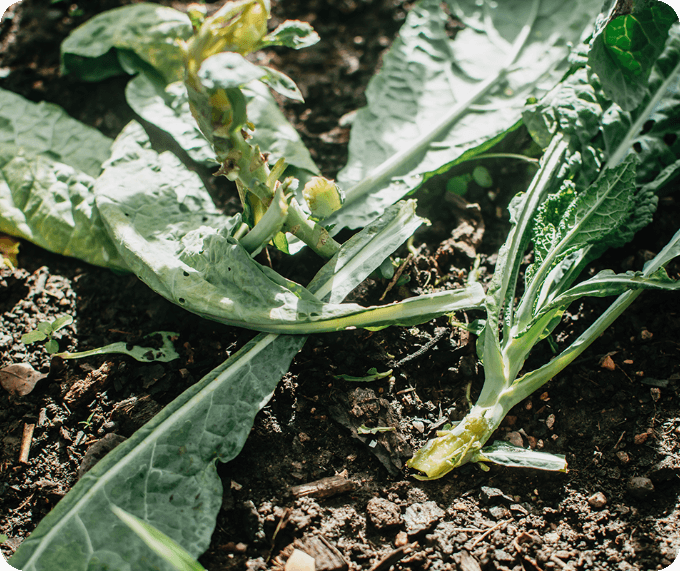
Every year, Indian farmers face the challenge of protecting their crops from nematode infestations, leading to significant production losses.


Plant Parasitic Nematodes (PPNs) are microscopic worms found in soil and can cause severe damage to crops.
While certain nematode varieties are beneficial, many parasitic varieties such as the root knot nematode (found in vegetable crops) feed on plant roots, inhibiting their growth and development.

Nematodes are parasitic worms that can substantially reduce your farm’s productivity. These microscopic pests infect the roots of crops and stunt the growth of plants by disrupting nutrient and water uptake. Nematode infestations often go unnoticed because they happen below the surface.
Besides damaging crops, symptoms of nematodes in plants also include increased susceptibility to other fungal and bacterial infections. Resistant vegetable varieties are known to turn susceptible after a nematode infection.

Many types of phytonematodes affect vegetable crops, including root knot disease, lesion, cyst, stem & bulb, dagger, reniform and spiral. However, a prevalent variety, root knot nematodes symptoms are the most commonly seen.

Most infestations by nematodes go unnoticed because they infect a plant below ground, at the root level. Issues/disease caused by nematodes in plants include nutrient deficiency, and the classic symptoms are wilting, yellowing or stunting.

Powerful and effective, Velum Prime keeps your farm nematode-free in just 1 or 2 applications.

Highest application flexibility and convenient crop management.

Velum Prime is relatively safer for you and the environment; just make sure to avoid using near pisciculture or aqua culture area.



Works best for: Tomato | Cucumber
Protects against: Root knot nematode (Meloidogyne incognita)
Find answers to all your questions
Nematicides are chemicals used for controlling nematode infestations in crops. They work by killing or minimising the activities of nematodes, tiny worm-like organisms that can harm plant roots. Crops with nematode damage show stunted growth, yellowing, wilting, and the formation of knots on roots.
The recommended method and dosage for applying nematicides vary depending on the specific crop, the severity of infestation, and crop susceptibility, ranging from a single dose at planting to repeated treatments throughout the growing season. Always follow product labels for accurate application guidelines.
Nematicides are designed to minimally affect soil health. However, follow the recommended application methods and dosages, adjusting the frequency according to the nematode species and environmental conditions. Adopting sustainable approaches, such as integrated pest management and soil monitoring, can help to avoid potential soil health effects while ensuring responsible nematode control.
The shelf life of nematicides varies according to the product and storage conditions. They should be stored in a dry cool place, away from direct sunlight, to maintain their effectiveness.
Nematicides help to improve soil health by controlling nematode infestations and preventing crop damage. This improves the overall crop productivity and quality. Long-term benefits for farmers include increased yields, healthier crops, and soil fertility preservation, all of which contribute to a more sustainable agriculture.

Advancing life – that’s what we at Bayer are all about. We put ourselves to the test day in, day out. All together. All over the world. With enthusiasm for new ideas.
Bayer is a global enterprise with core competencies in the life science fields of healthcare and nutrition. We design our products and services to help people and planet thrive…
